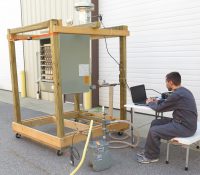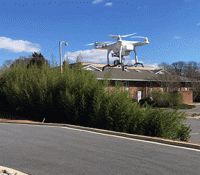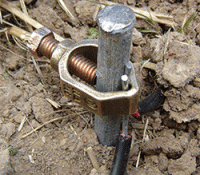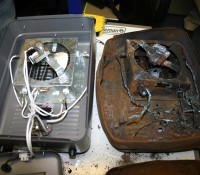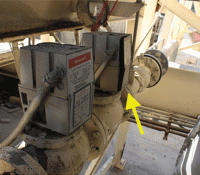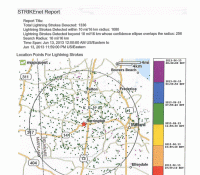Testing As Part of Gas Appliance Incident Investigation
Equipment and appliances supplied with fuel gases like natural gas, propane and butane are a common and convenient part of most of our lives. Such devices as gas grills and ranges, ovens, furnaces, space heaters and water heaters usually perform without incident. However, when they malfunction the potential for incidents such as fires and explosions, carbon monoxide (CO) poisoning and burn injuries may occur. These incidents may be due to design and manufacturing defects in the product, or improper installation or operation of the device.


